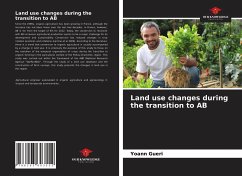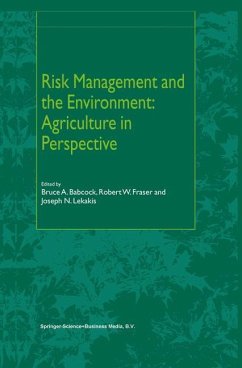
Changes in the world of work and the fishing environment:
The vazanteiros of Povoado Cajueiro, Palmeirante -TO
Versandkostenfrei!
Versandfertig in 6-10 Tagen
36,99 €
inkl. MwSt.

PAYBACK Punkte
18 °P sammeln!
The increase in hydroelectric power stations in the Amazon has caused concern among environmentalists, anthropologists, social scientists and, above all, traditional peoples, who are the main targets of the reservoirs. The consequences for ecosystems, modes of production and the lives of the vazanteiros of the Povoado Cajueiro in Palmeirante/TO have marked the region of the Middle Tocantins River since the beginning of the century. The Lajeado/TO hydroelectric power station and speculation about the construction of the Estreito -TO/MA hydroelectric power station threatened the continuity of fi...
The increase in hydroelectric power stations in the Amazon has caused concern among environmentalists, anthropologists, social scientists and, above all, traditional peoples, who are the main targets of the reservoirs. The consequences for ecosystems, modes of production and the lives of the vazanteiros of the Povoado Cajueiro in Palmeirante/TO have marked the region of the Middle Tocantins River since the beginning of the century. The Lajeado/TO hydroelectric power station and speculation about the construction of the Estreito -TO/MA hydroelectric power station threatened the continuity of fishing and farming on the river. Considering intergenerational and gender differences, in this book I show how the vazanteiros (men and women, boys and girls) think about and perceive the transformations caused by the dams in the world of traditional fishing, customs and the local community itself. Using the ethnographic method and Participatory Rural Diagnosis (PRD) techniques, we detected similarities and differences between the groups. There was unanimous local concern about the damage to the environment and their daily lives, which makes it clear that dams are irrelevant to traditional peoples.














